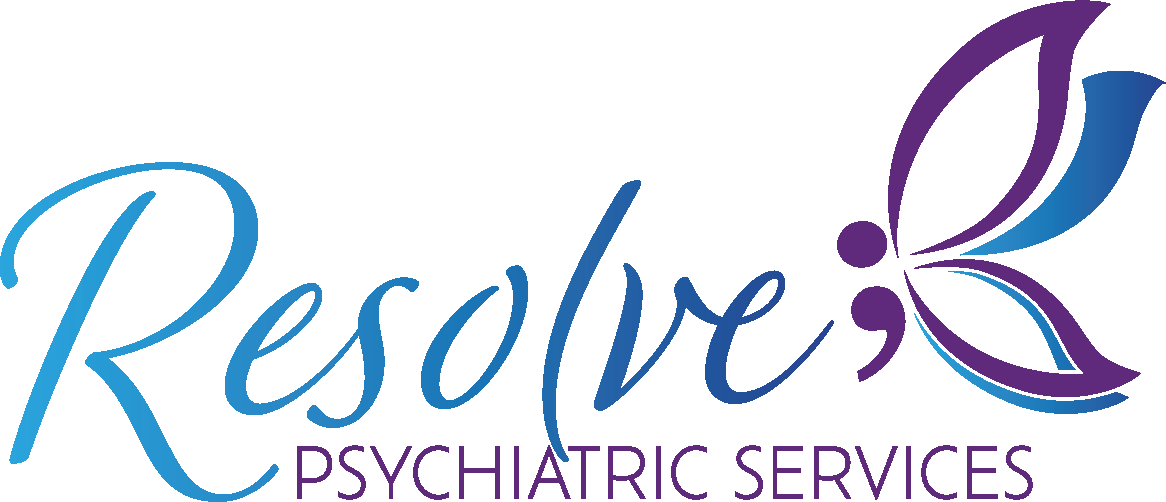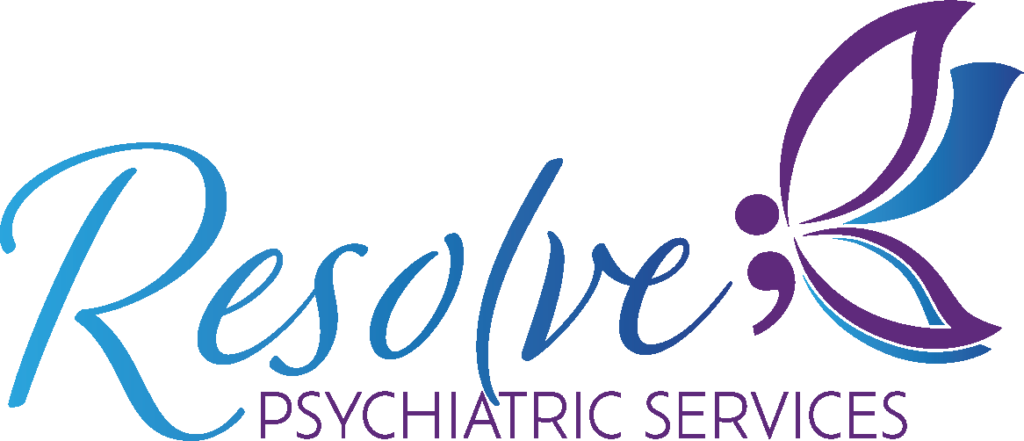
Introduction
Do you ever need help to stay on top of your to-do list? Do you often feel like you need to catch up and catch up? If so, you’re not alone. We all have those moments when we find ourselves scrolling through social media instead of completing the task. It’s a common habit known as procrastination. However, for those with Adult ADHD, procrastination can be a daily struggle with severe consequences in both personal and professional life. ADHD can make it challenging for adults to stay focused, organized, and productive. But fear not! This blog post by an ADHD doctor near me will explore transforming procrastination into productivity by managing adult ADHD.
Understanding ADHD
ADHD is a neurobehavioural disorder that affects the brain’s prefrontal cortex, responsible for executive functioning. Executive functioning refers to mental skills, including attention, working memory, and self-regulation, essential for goal-directed behavior. Adults with ADHD often struggle with focusing on tasks, completing tasks on time, and staying organized. This can lead to procrastination, missed deadlines, and feeling overwhelmed, frustrated, and disappointed. It’s essential to recognize that ADHD is not a personal failing but a neurological difference. However, with the right tools and strategies from an ADHD doctor near me, it’s possible to improve productivity and manage ADHD.
Managing Adult ADHD
Here are some tips by an ADHD doctor near me for managing Adult ADHD:
● Create and Stick to Schedule
One of the most effective ways to manage ADHD is by creating and sticking to a schedule. This includes setting specific times for work, exercise, and leisure activities. Doing so can help manage your time and ensure you spend only a little time on any task. Creating a schedule can also help you break down larger tasks into smaller, more manageable pieces. This can help reduce feelings of overwhelm and improve your ability to focus.
● Use Timers to Stay on Track
Another helpful tool for managing ADHD is using timers to stay on track. Timers can help you focus on tasks by setting specific time limits for each activity. This can help you avoid getting sidetracked by distractions and improve your ability to manage your time effectively. Using timers can also help you become more aware of how much time you spend on specific tasks. This can help you identify areas where you may need to spend less time or where you need to adjust your schedule.
● Prioritize Tasks Based on Importance
Another key strategy for managing Adult ADHD is prioritizing tasks based on importance. This involves identifying the most critical tasks and completing them first. Doing so can help you progress toward your goals without getting sidetracked by less important tasks. Prioritizing tasks can also help reduce feelings of overwhelm and improve your ability to focus. When you clearly understand what needs to be done, it can be easier to focus on completing those tasks.
● Minimize Distractions
Distractions can be a major obstacle for people with ADHD. To minimize distractions, try working in a quiet, uncluttered space, and turn off notifications on your phone and computer. You can also use apps or browser extensions to block distracting websites or set time limits for social media use. Another way to minimize distractions is to use noise-canceling headphones or listen to white noise or instrumental music while working. This can drown out background noise and create a more focused environment. Additionally, try to limit multitasking as much as possible, as it can be difficult for people with ADHD to switch between tasks without losing focus.
● Break Down Tasks Into Smaller Pieces
For those with ADHD, larger tasks can often feel overwhelming, leading to avoidance and procrastination. However, breaking down tasks into smaller, more manageable pieces can help make them feel more achievable. Breaking down tasks can also improve your ability to focus. By focusing on one small piece at a time, you can reduce distractions and make progress toward completing the larger task.
● Use Visual Aids to Stay Organized
Visual aids, such as calendars, to-do lists, and whiteboards, can be helpful tools for staying organized and managing ADHD. They can help an ADHD doctor near me keep track of tasks, deadlines, and important events. Visual aids can also help improve your ability to remember important information. Seeing tasks and deadlines in a visual format makes it easier to retain the information and take action accordingly.
● Incorporate Exercise Into Your Routine
Exercise has been shown to have numerous benefits for those with ADHD. It can improve focus, reduce impulsivity, and boost overall cognitive function. Incorporating exercise into your routine can be a helpful strategy for managing ADHD. This can include activities such as yoga, running, or weightlifting. Even short bursts of exercise throughout the day, such as walking or jumping jacks, can be beneficial.
● Get Enough Sleep
Sleep is essential for overall health and well-being, but it’s especially important for those with ADHD. Lack of sleep can exacerbate symptoms of ADHD, leading to difficulties with focus, impulsivity, and mood regulation. Getting enough sleep can be challenging for those with ADHD, but it’s crucial for managing symptoms. Establishing a regular sleep routine, avoiding screens before bed, and creating a comfortable sleep environment can all help improve sleep quality.
● Consider Medication and Therapy
For some individuals with ADHD, medication can be an effective treatment option. Medication by adult ADHD doctors near me can help improve focus, reduce impulsivity, and increase overall cognitive function. However, working closely with a healthcare provider, such as an adult ADHD psychiatrist near me, to determine the best medication and dosage for your needs is essential.
Therapy by ADHD psychiatrists near me can also be a helpful tool for managing ADHD. Cognitive-behavioral therapy (CBT) can help individuals develop coping strategies for managing symptoms, improve time management and organization skills, and reduce negative thought patterns contributing to procrastination.
● Practice Self-Compassion
Finally, it’s essential to practice self-compassion when managing ADHD. Procrastination and difficulty completing tasks can lead to feelings of frustration, shame, and guilt. However, it’s important to remember that ADHD is a neurodevelopmental disorder, and struggling with these issues is not a personal failure. Practicing self-compassion can help reduce negative self-talk and improve overall mental health. This can include techniques such as positive self-talk, mindfulness meditation, and self-care practices such as exercise and socializing with supportive friends and family.







